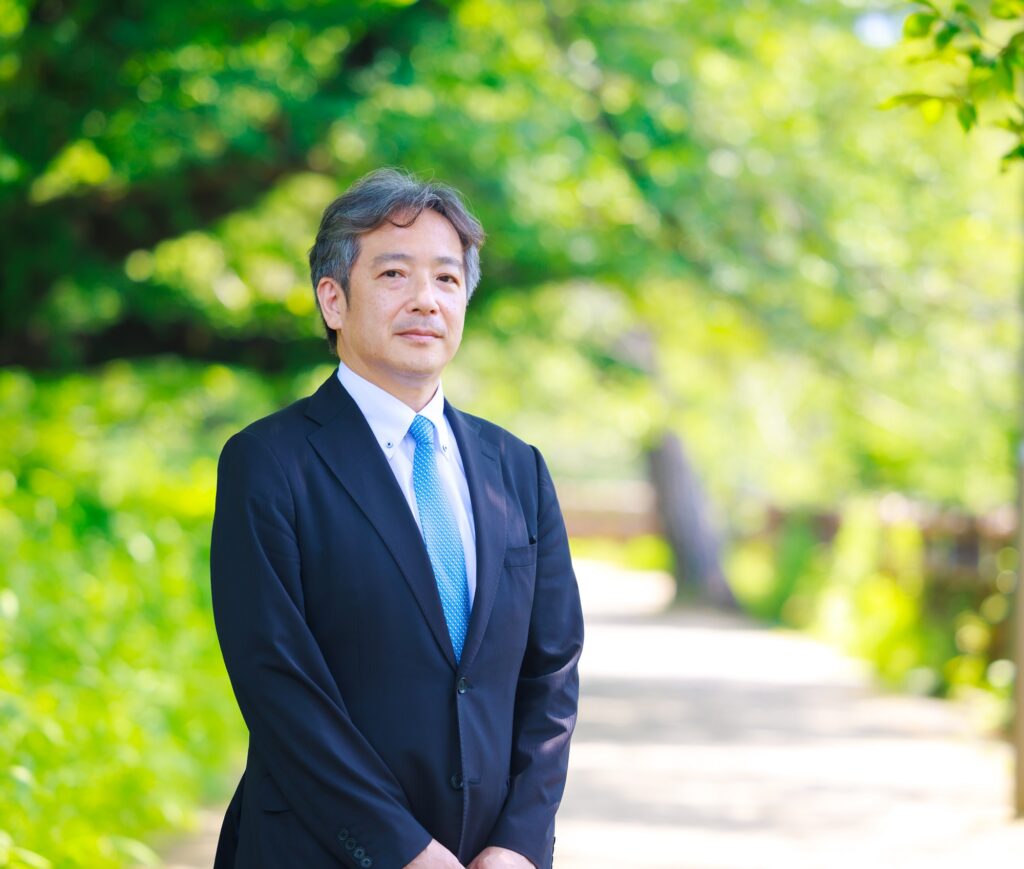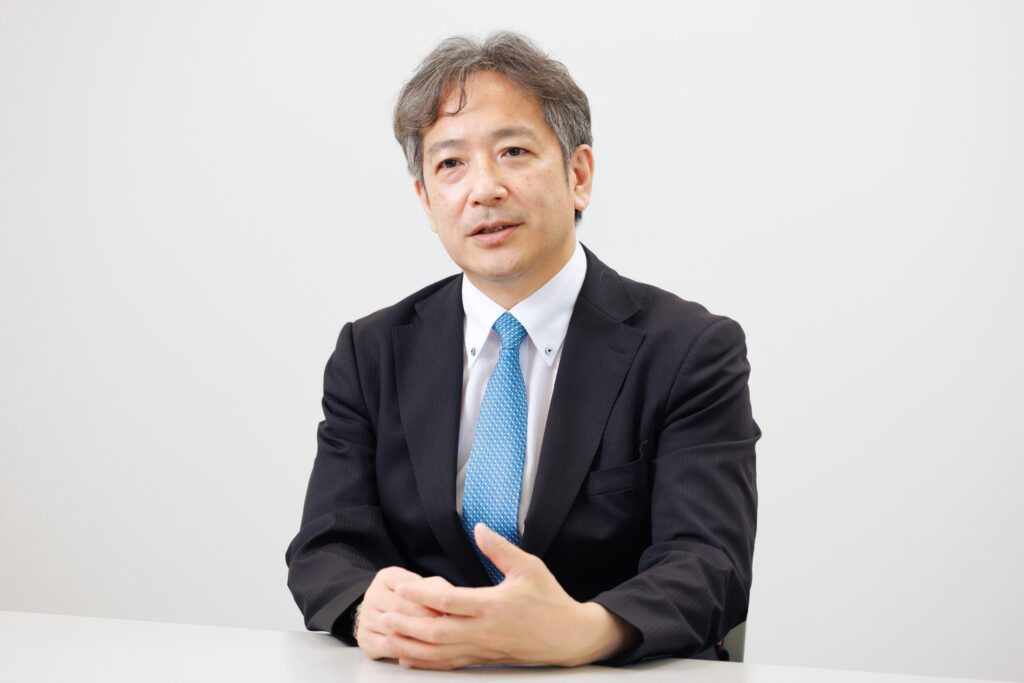
Professor Tetsuo Morishita specializes in international business law, international finance law, and negotiation. He tells us about the importance of negotiation studies in international society, how to reach agreements that go beyond the differences in our diverse range of values to build a better world.
When a person tries to communicate to influence or persuade someone else, that is a negotiation. It is no doubt that this is used in diplomacy and business, but negotiation often occurs in our daily lives as well.
For example, when deciding where you might go with friends or family, you need to coordinate things like where each of you wants to go, when to leave, how and which route to use to get there, and budget – getting as many people as possible to agree on all these. Negotiations are not anything special; they happen in our day to day lives.
Increasing importance of negotiation in a globalizing world

As the world becomes more globalized, Japan needs to build and deepen ties of friendship between many countries that have different cultures and values. It is crucial that more people have better negotiation skills. Because no matter how good our ideas, technologies, products, or services may be, without negotiation skills we cannot draw on their full potential.
In Japan, perhaps due to cultural preference to consider the feelings of others and value harmony rather than putting your own opinion forward, people tend to think of negotiation as something a bit out of the ordinary, something challenging. But it really isn’t; negotiations are in every part of our lives, and we can hone our skills through learning and training.
Ever since we invited a professor of negotiation studies from Harvard Law School to teach an intensive course at Sophia in 2005, I have focused my research and education on this topic.
In negotiation studies, we learn what sort of communication is effective to reach agreements. In negotiation research, we need a broad perspective, one that includes things like psychology and behavioral economics. Negotiation studies also requires a lot of knowledge gained from experience.
The most important thing in negotiations is to understand your counterparties, how they see your side. There will be no agreement if they do not accept your offer, no matter how it looks attractive. The essence of negotiation is that it is not a contest with winners and losers, but a way to productively solve issues through effective communication, mutual respect and an awareness of differences.
Negotiation studies is a dynamic subject that can contribute to society
However, there are also cases when it is better not to reach an agreement; when negotiations should be stopped once a certain level is exceeded. Take for example, we all know that one cannot simply say yes to every requests coming from a friend, just because of the relationship.
When there is a better alternative than to agree, you should not agree. Even without an agreement, you can likely avoid relationship from being harmed as long as both parties communicate properly.
The intermediation of neutral third parties may be used when direct talks are difficult. A mediator who is trusted by both parties, and does not take one side, can provide ideas that are not disadvantageous to either party, eventually leading to an agreement.
Mediators have played important roles in solving international conflicts. If a mediator can facilitate communication between conflicting parties and help parties to find a solution that satisfies both parties interest better, it can ultimately lead to ending the conflicts.
Negotiation studies is a new academic field, and developing quickly. The fruits of this field can be applied at any level, from individual to corporate and national. Negotiation studies is a dynamic academic field that can contribute to creating a better world by facilitating effective communication that go beyond our differences.
The book I recommend
“Habadoryu Koshojutsu” (Getting to Yes)
by Roger Fisher and William L. Ury, Japanese translation by Nobuo Kanayama and Kazuko Asai, Mikasa Shobo

Think of proposals that will benefit both sides through talks, rather than treat negotiations as something with winners or losers. No matter how much you might argue, if the other party does not say yes, negotiation will not be reached. This book contains a wealth of ideas to hone your negotiation skills.
-
Tetsuo Morishita
- Professor
Department of International Legal Studies
Faculty of Law
- Professor
-
Graduated from the Faculty of Law, the University of Tokyo. Received his M.A. in Law, Graduate School of Law and Politics, the University of Tokyo. Joined Sumitomo Bank in 1989, and was appointed as an assistant professor at the Faculty of Law, Sophia University, in 1999. Appointed professor in the Sophia Law School in 2007. As of 2021, he has served as a professor at the Faculty of Law and the Vice President for Global Academic Affairs.
- Department of International Legal Studies
Interviewed: June 2022